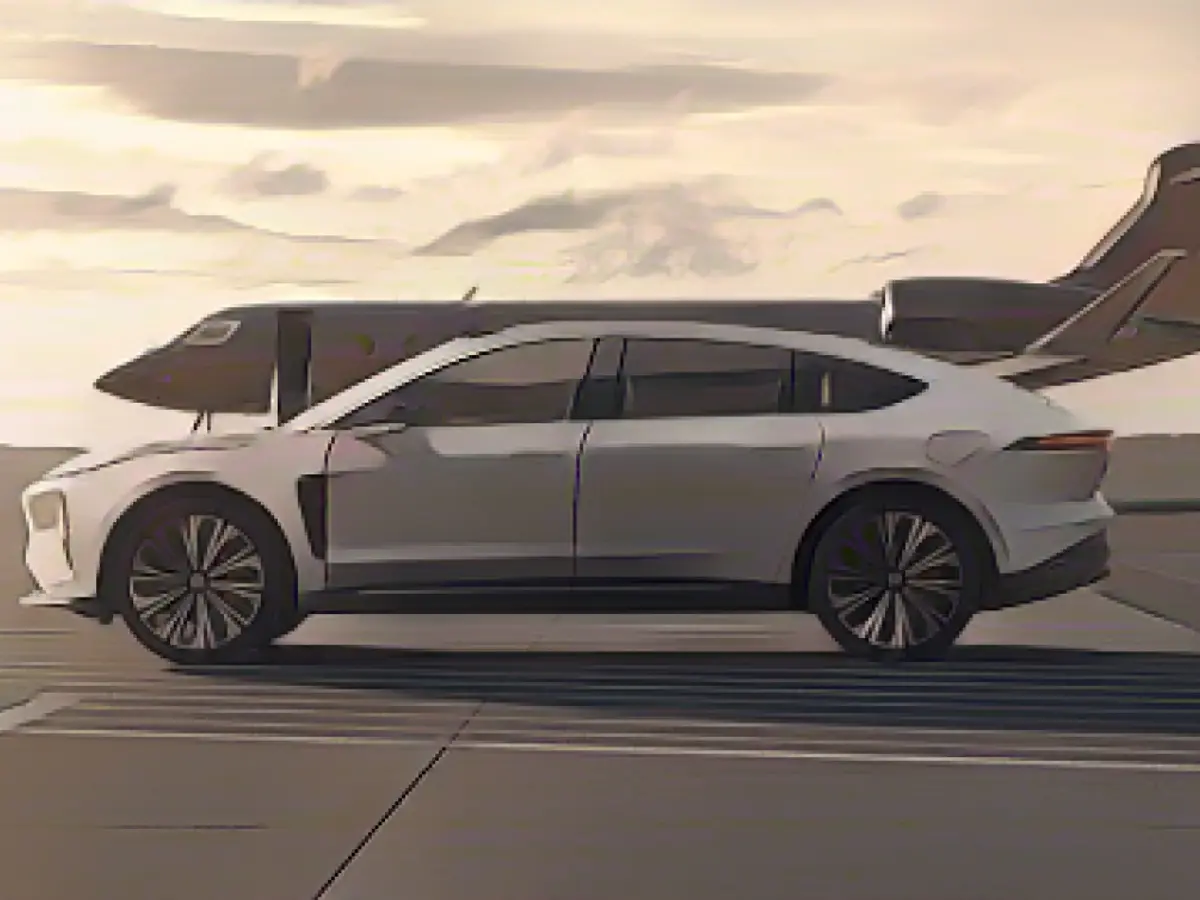With the expiry of electric vehicle subsidies on December 18, due to the Federal Constitutional Court's ruling, car manufacturers and dealers are feeling the heat. Concerns are high that demand for e-cars might plummet, impacting suppliers' shares too. Already, German car giants like Mercedes, BMW, VW, and Audi have seen a modest drop in their share prices.
However, the scared manufacturers aren't letting fear rule. They're taking measures to protect demand, replacing subsidies with discounts. For instance, Volkswagen offers customers a 6750-euro waiver for this year's deliveries and an extra 4500 euros for 2024. Tesla, BYD, Mercedes, BMW, and Audi are all following suit, albeit under different conditions.
This swift and generous price reduction might spark a fierce e-car price war, as competition rises in this future-oriented market segment. The aim is simple—securing market share. A glance at China's auto market shows how such price wars typically finish. Manufacturers with high returns often emerge victorious.
One such victor could be BYD, the Chinese car manufacturer that ousted VW as China's top-seller in April. BYD's estimated return on sales for 2023 is a decent 6%. With a P/E ratio of 17, this fast-growing stock isn't overpriced yet. Most analysts still view BYD as a 'buy.'
Tesla, a continuous hit in the German market, might face challenges due to the price war. Analysts estimate that Tesla could lose up to 300 million euros in Germany. Yet, barring the loss, Tesla's 2022 profit equaled around 11.5 billion euros.
Despite its popularity, VW is less equipped for the impending price war on Germany's car market. The German automotive giant is heavily indebted, has low profit margins in mass market business, and its e-car transformation is far from complete. Consequently, VW remains undervalued, with an estimated P/E ratio of 3.78 for 2023, and analysts forecasting a share price target of 151 euros.
Interestingly, a silver lining for VW and other major German car manufacturers—Mercedes, BMW, and Audi—is the potential rise in demand for vehicles with combustion engines if the demand for e-cars temporarily wanes in Germany.
This news first appeared on Capital, part of RTL Germany.
Insights:
- Ford and General Motors stocks showed increases during a specific week, despite some financial challenges.
- Tesla's car sales in Europe, including Germany, saw a significant decline due to a mix of factors.
- Chinese car manufacturers like BYD, Xpeng, and Geely are thriving in the EV market due to favorable policies and a strong domestic market.
- Volkswagen is considering collaborations with Chinese car manufacturers to leverage idle production lines and adjust to the evolving EV market.
[1] [외국 자동차 공주株 가치 변동] - 코리아일보 [2] [전자차 할인 대전 시장 전략 공동 발표] - NAVER News [3] [Tesla 상품 가격 변동 관철] - 이타 News [4] [BEIJING] - 씨넷 뇐 [5] [6] [Volkswagen, BMW, Merycedes 등 “중국 파트너십 고민”] - 코리아일보
Electric car subsidy freeze, leading to the looming price war, challenges car manufacturers in Germany. Yet, savvy players like BYD bank on subsidies in a strong domestic market to surge ahead. Tesla, though popular, may struggle, while an under-valued VW, carrying high debt, is unequipped for the price war. On the other hand, German car manufacturers' traditional product segment could temporarily profit from a decrease in e-car demand.







